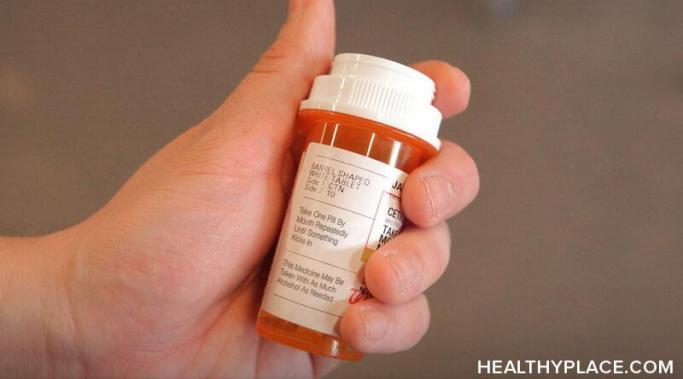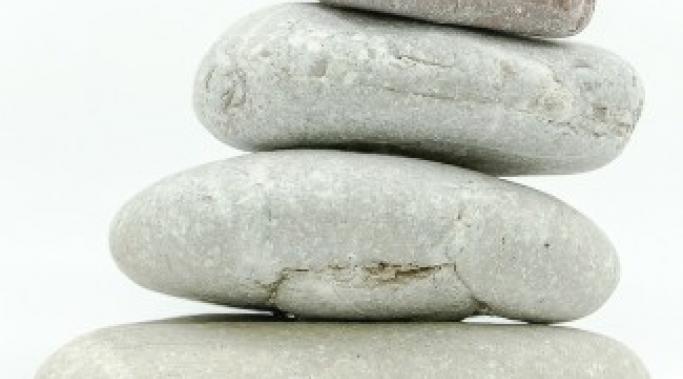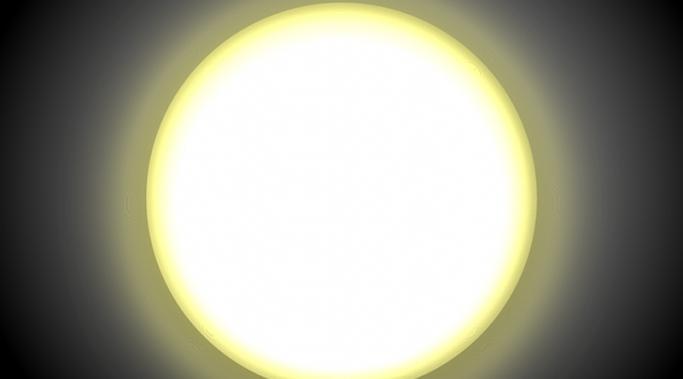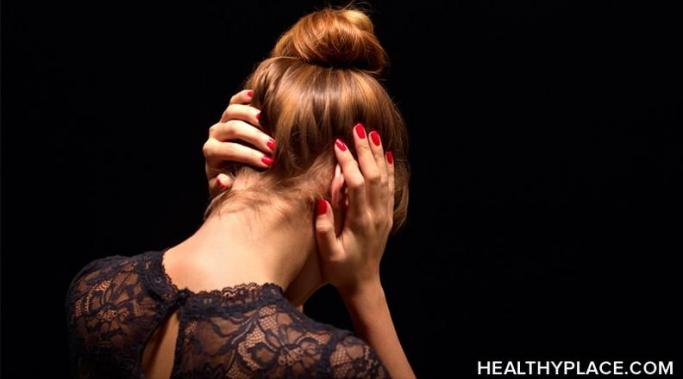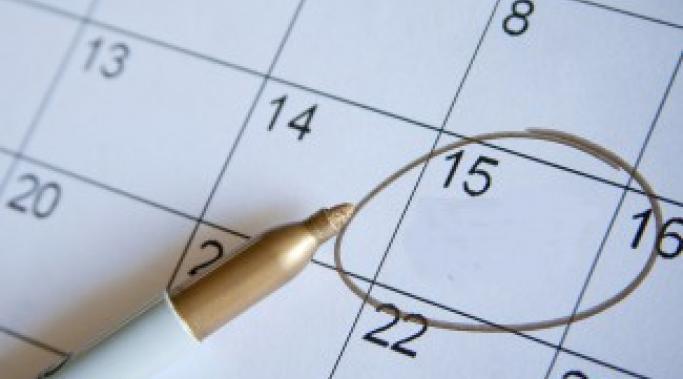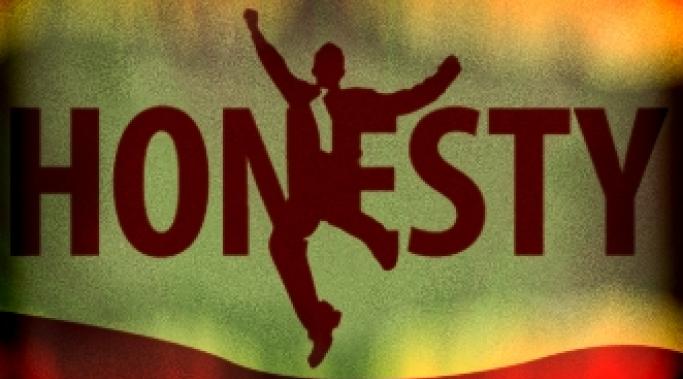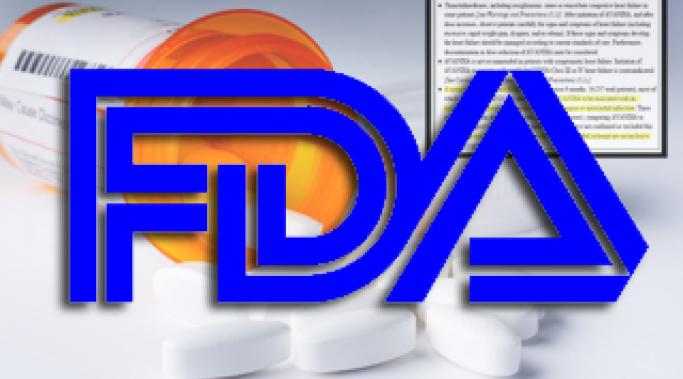I'm tired of disappointing my loved ones because my bipolar won't improve. I'm tired of looking at my doctor's face as I tell him that the new bipolar treatment isn't really making things better. Their disappointment becomes my disappointment. I feel disappointment in me too. Of course, When bipolar won't improve, disappointment is natural, but it's the disappointing my loved ones that twists the knife.
Bipolar Treatment – Breaking Bipolar
People like to criticize me about my bipolar disorder treatment and my guess is, many of you have experienced criticism about your bipolar disorder treatment, too. Sometimes people feel like their criticisms are helpful and sometimes, I swear, the people do it just to be dogmatic or cruel. No matter what their motivation is, though, it isn’t helpful and can be very harmful. If you get criticism about your bipolar disorder treatment, here’s how to handle it.
When you’re changing medications, it becomes very clear how much bipolar medication changes suck. Being on the first one(s) sucks and changing to the next one(s) sucks, too. And people not on medication may not get this. They may not get what it’s like to have to take medication for bipolar and they certainly may not get why bipolar medication changes suck.
Mindfulness doesn’t help my bipolar disorder. I’m sorry; I know advocates aren’t supposed to say that kind of thing. I know we’re all supposed to get behind the new, fashionable therapies and tell everyone to do them (but heaven forbid we do the same with psychiatry) but this is one that I think has some major holes in it, particularly for people with serious mental illness. Please understand, mindfulness as a therapy might work for you but here’s why mindfulness doesn’t help my bipolar disorder at all.
For many years light therapy has been shown to work for seasonal affective disorder (that is, depression that is seasonal, typically in the winter when less hours of sunlight are available). But what about just for major depression? Does light therapy for major depression or bipolar depression work? Here’s the lowdown on light therapy for depression and bipolar disorder.
Physical pain in bipolar disorder is one of the hardest bipolar symptoms to treat (and, of course, not everyone experiences this). The physical pain in bipolar disorder is known as neuropathic pain. Neuropathic pain is commonly associated with spinal cord injuries or amputation but can occur in psychiatric disorders and in other illnesses as well. This neuropathic pain, physical pain in bipolar disorder, can be debilitating but there are options for treatment.
I’m sitting here feeling like dreck, and for the millionth time this lifetime I ask myself, “When will I feel better from bipolar depression?” This is such a common question from me and so many others. We all want to know when this magical time will occur. When will the pain stop? When will I stop feeling like such crap? When can I get back to my life? When will I feel better from bipolar depression?
Recently, someone wrote me and asked how to best handle a first psychiatric appointment. This is a good question because, essentially, people are walking into the vast unknown. If you’ve never seen a psychiatrist before, how could you possibly know what to expect? And, the kicker of that is, the doctor will be asking you why you’re there. So you’re supposed to know what to say when he says that. So how do you handle your first psychiatric appointment?
I have always argued that being honest with your psychiatrist is critical. Simply put, if your doctor doesn’t know what’s wrong, how can he possibly help you? But it’s hard to be honest with a psychiatrist and many people aren’t.
The antidepressant black box warning was issued to reduce suicide in youth but has the antidepressant black box warning actually increased suicides?
In 2004, the Food and Drug Administration (FDA) issued a black box warning (the most serious type of warning) on antidepressants advising of the risk of suicide in children taking antidepressants. In 2006, the FDA expanded this warning to include youth under the age of 24. The goal of these black box warnings was to reduce suicides in these populations. Unfortunately, the antidepressant black box warnings appear to have had unintended consequences. The antidepressant black box warnings appear to have actually increased the rate of suicide.


